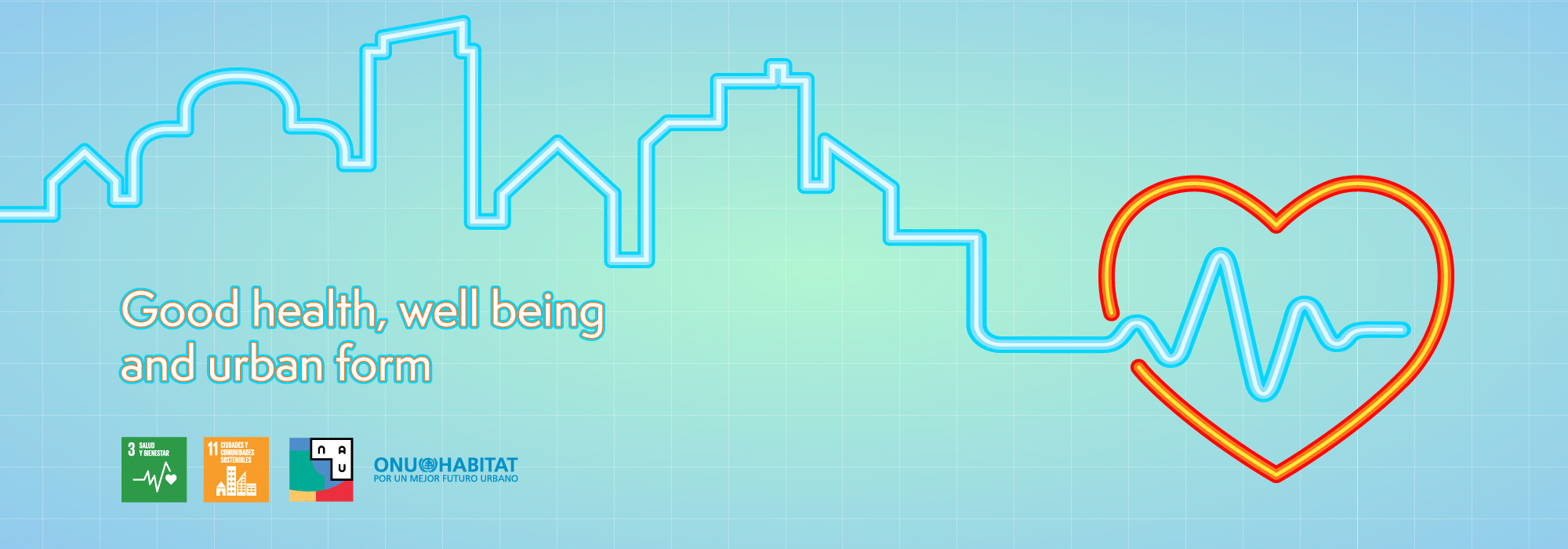
Obesity and chronic health problems have an apparent relationship with urban factors.
In this regard, urban planning researchers are broadening their horizons and paying more attention to how their professional fields affect human health.
"The thing is that urban health problems are growing, partly because cities are also growing."
A study about health and urban form reveals that people living in low-density urban areas could ...

walk less,

weigh more

and have a higher prevalence of hypertension.
In contrast, compact cities are associated with lower levels of obesity, diabetes, high blood pressure, heart disease and asthma.
A poorly planned city does not contribute to well-being or good health
Excessive dependence on the automobile, inefficient transportation and the availability of low nutritional convenience food is fostered by poor urban planning decisions that are reflected in the growing rates of overweight and obesity, especially in urban areas.
Nine out of 10 people in the world breathe contaminated air
Paradoxically, in some cities there are people who travel by bicycle because they believe it is healthy, however, with poor air quality "once you exercise, you increase your respiratory rate, you breathe more, more air goes to your lungs and increases your exposure to air pollution. "

The shape and environment of the city may have significant influences (positive or negative) on people's health.
However, health professionals can improve public health by advocating for more compact urban patterns.
In addition, the key to solving health problems is to move away from policy approaches focused on treatment-oriented health care, which recognize health problems only after they begin.
The good news are that city planners are beginning to recognize that urban health problems are growing in the center of the city and that diseases can be treated before they appear, with good urban planning.

